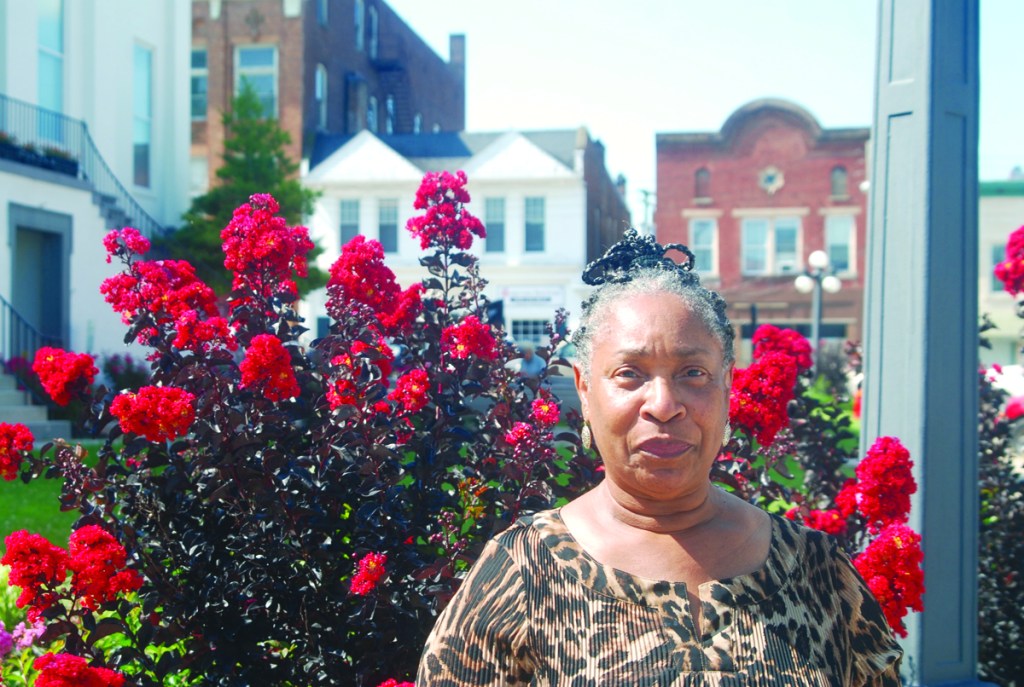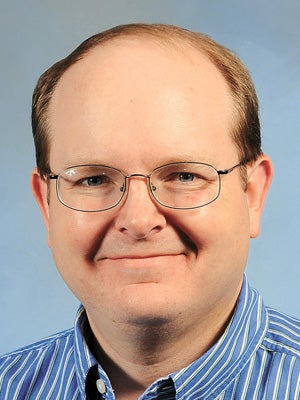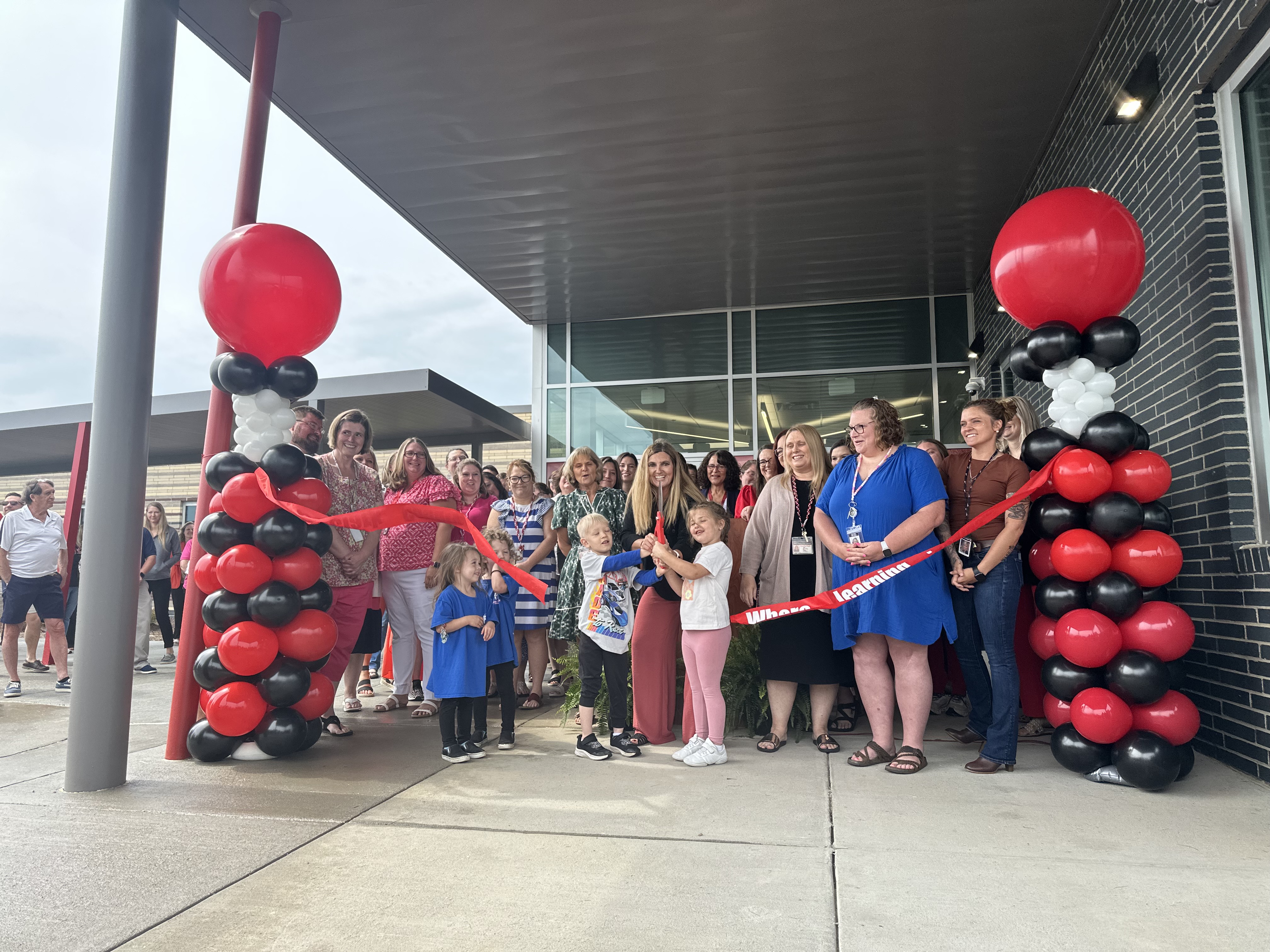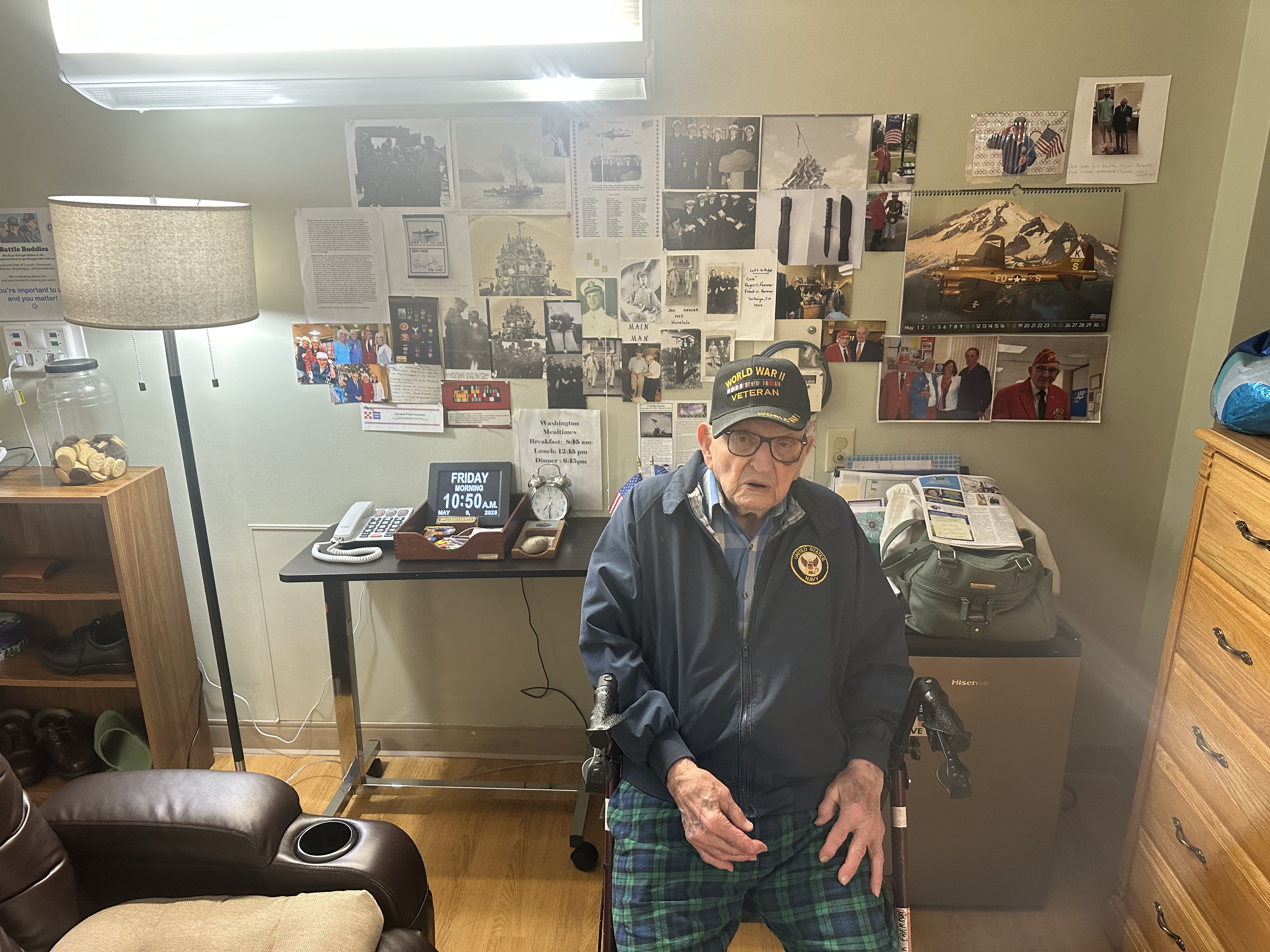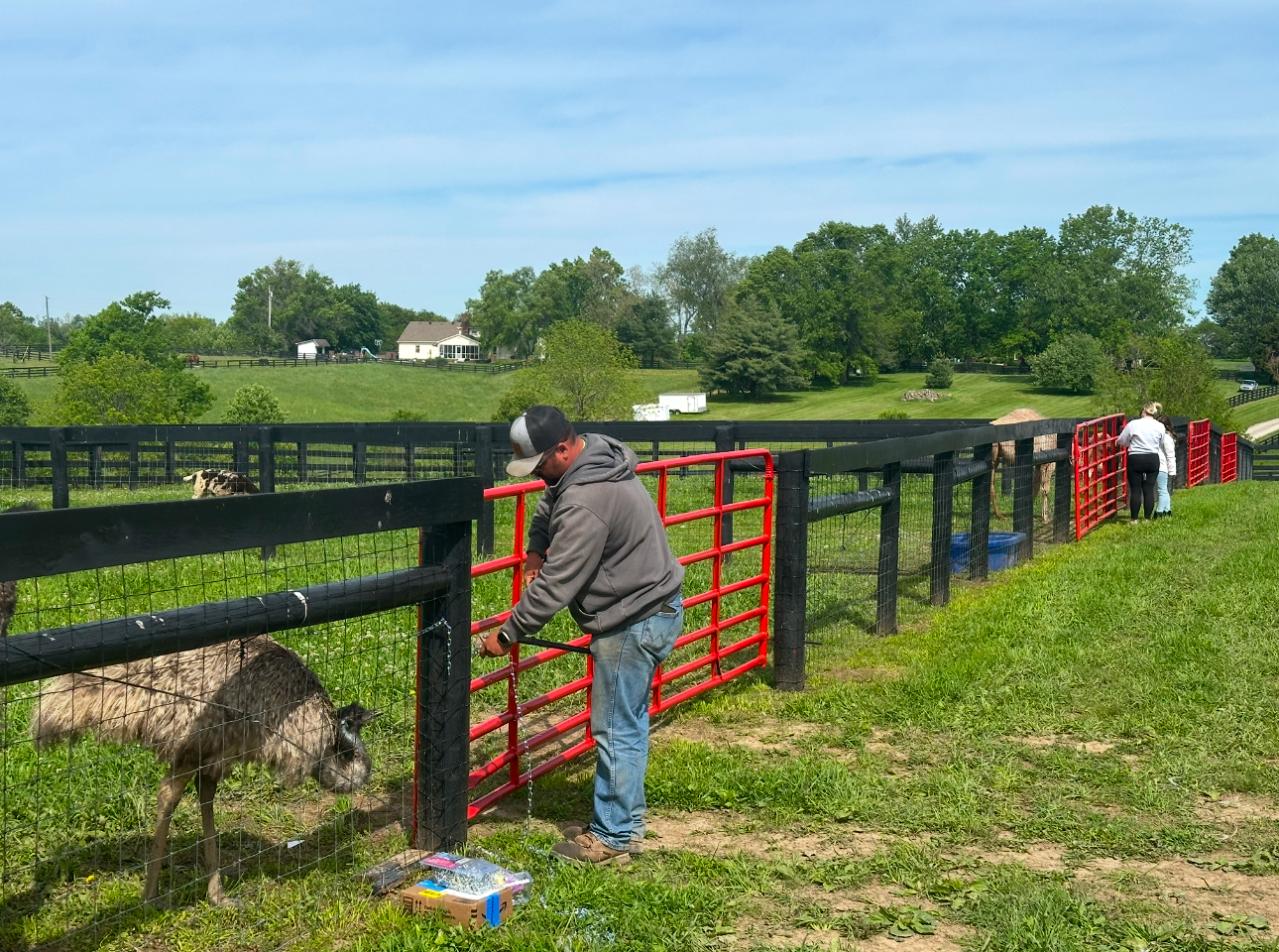New group shares pride, history of African Americans
Published 9:00 am Tuesday, July 18, 2017
Sometimes it doesn’t take long to make an impact.
Three years ago, in the wake of the Ferguson, Missouri, police shooting an African American man, a group of people in Winchester started talking.
As images of riots and violence filled the media, they figured there had to be a better image to portray.
“We were so saddened because the riots were going on in Ferguson,” Winchester Black History and Heritage Committee member Joyce Morton said. “There was nothing but negative images on the TV or the news.”
So they set to work. Morton said she looked for information about the black community, but found little. The former American Legion building on the corner of Maple and Washington streets was one of the last touchstones for the community, and was recently demolished. There was little information about the business community either, she said.
“I said, ‘This is it. We’ve got to do something,’” Morton said. “We decided we were going to do something about positive images. We don’t all rap. We’re not always the first in the welfare line.”
The research began, gearing up for the 2015 Black History Month programs, which have continued annually.
Morton learned one of her neighbors, Jennie Bibb Didlick, was the local equivalent of civil rights icon Rosa Parks. Morton said Didlick was a teacher and school principal who rode the bus daily from Winchester to her school in Lexington. One day, she also refused to go to the back of the bus. Morton said Didlick sued the bus company and was awarded $200.
“We found there were black doctors that practiced here,” she said. “Our kids don’t know the concept of black doctors and nurses. There were black lawyers.”
Morton said she’s spoken to schoolchildren who did not know African American man invested both potato chips and Super Soakers.
Morton, who grew up here, attended Oliver Street School. The school, which has since been turned into apartments, is one of the last remaining markers for the community, she said.
“I’m a product of Oliver School,” she said. “It was sad when we had to leave our school.”
The committee’s goal, she said, is to do more than just annual history programs.
“We didn’t just want to do black history,” she said. “We want to enrich our community.
There have been programs about health issues, particularly diabetes, she said. There have been programs around family issues such as preparing wills. There have been seminars about education and getting parents involved to encourage and inspire their children to be the best.
“The children will make a difference if the parents will tell them … ‘God is our maker. When I see you, I don’t judge you by your color. You have been given a mind to explore your talents and be the best,’” she said.


